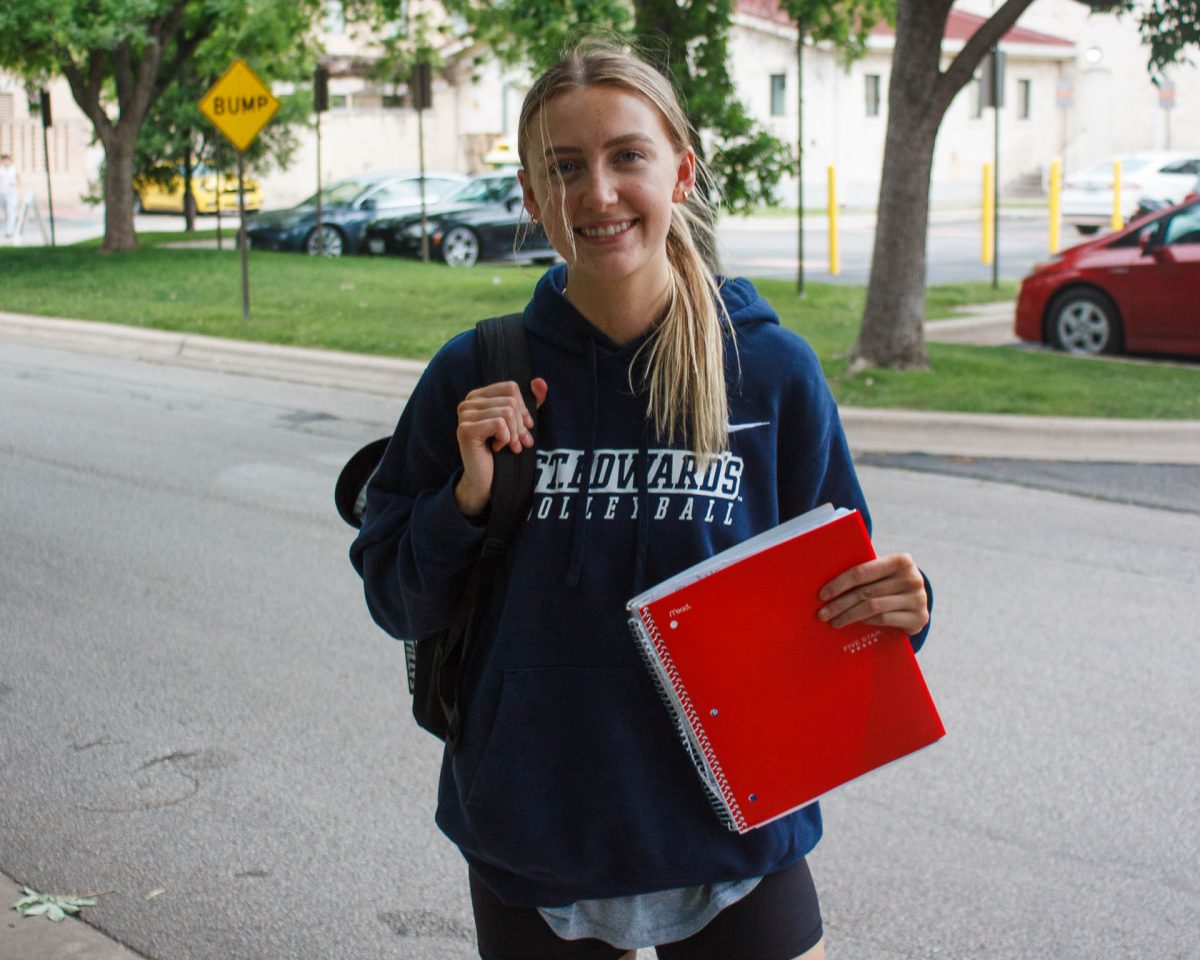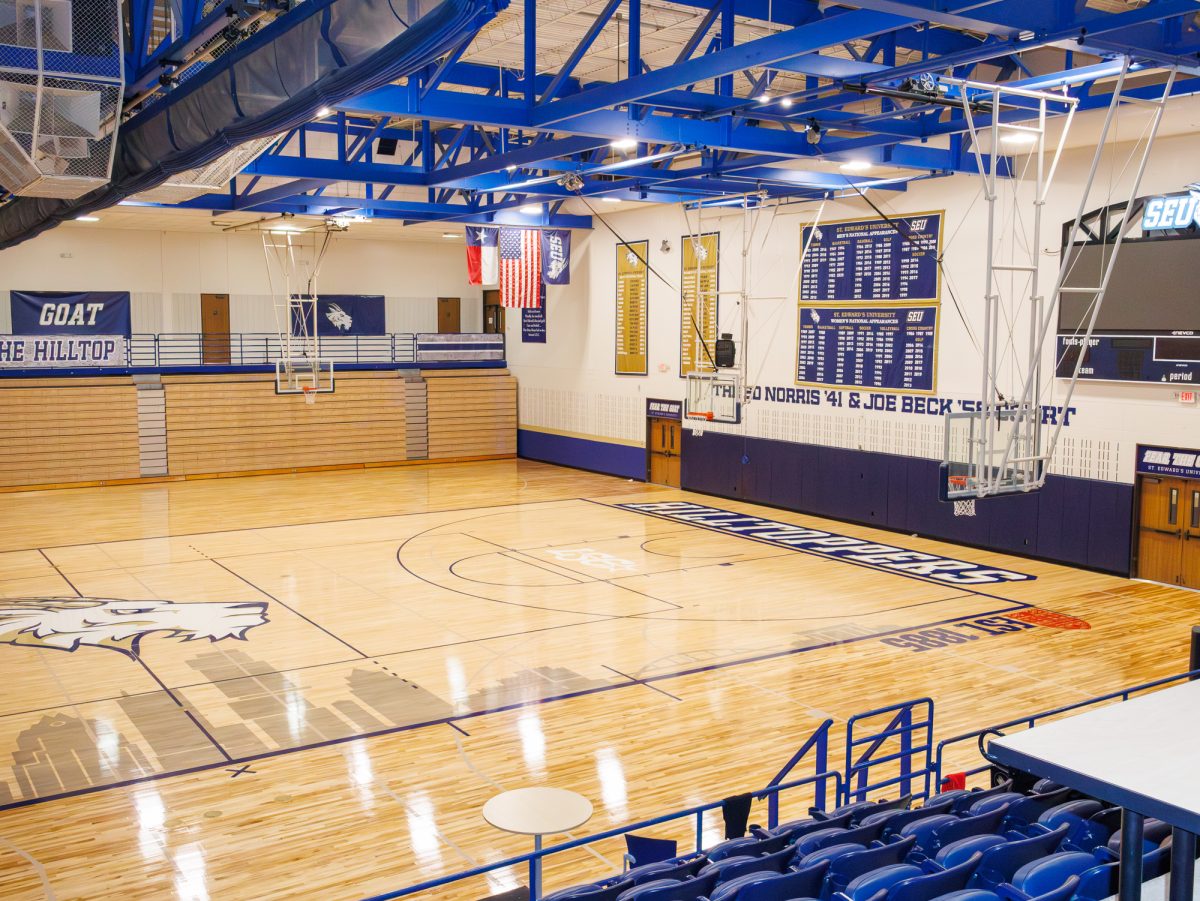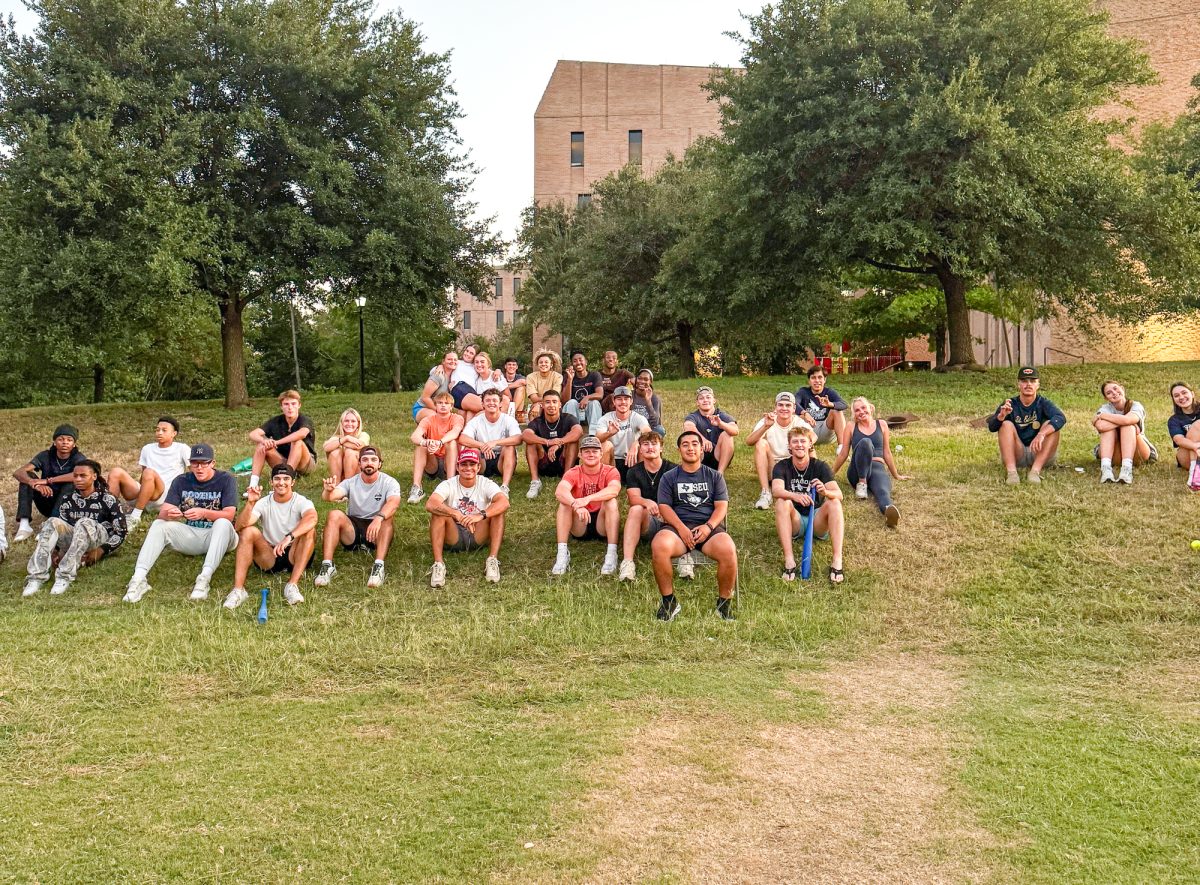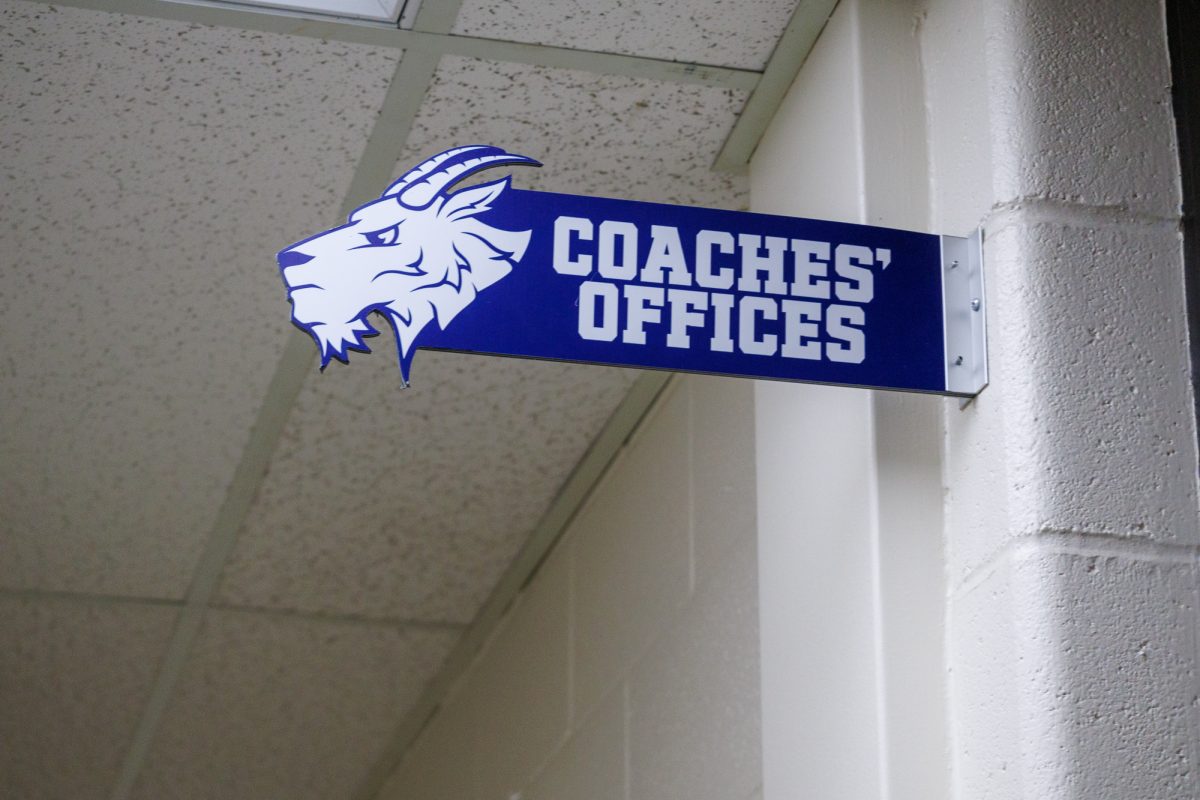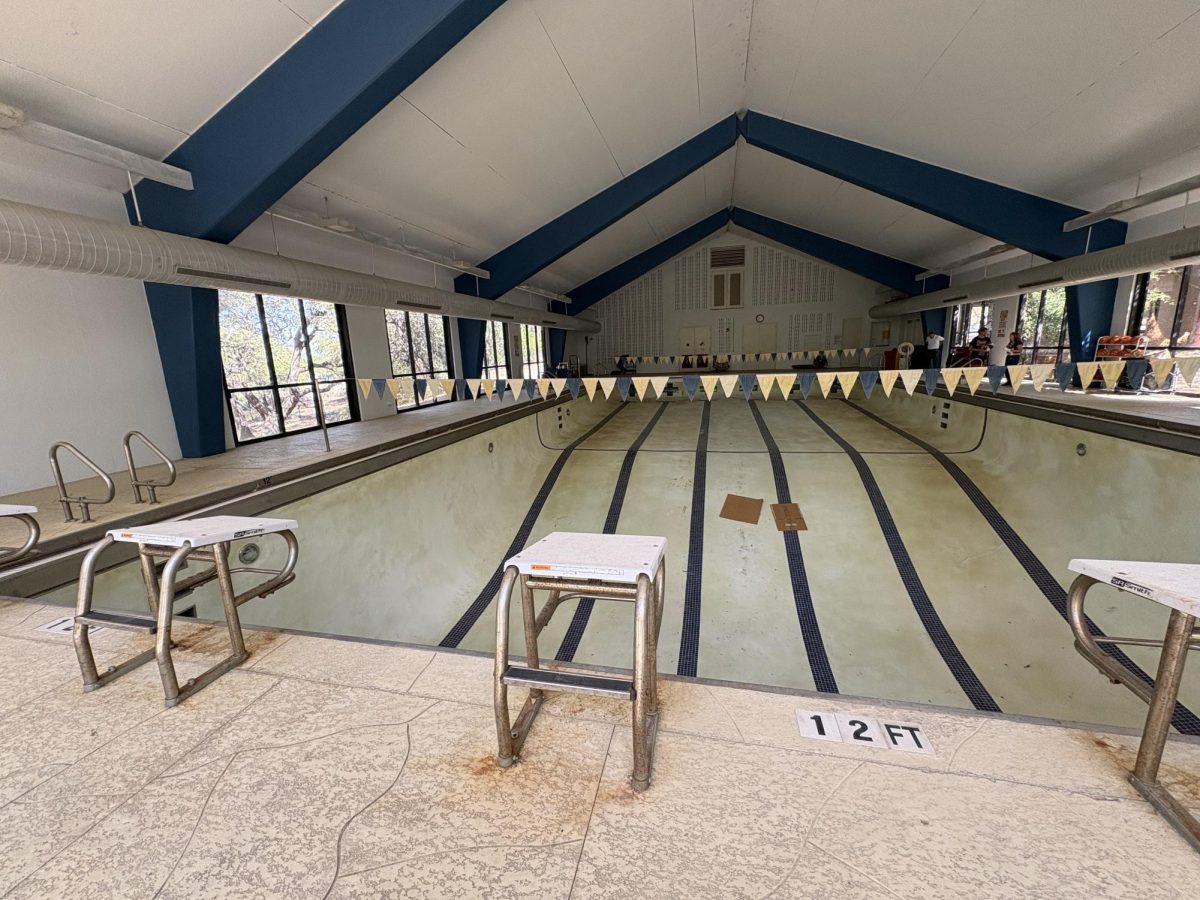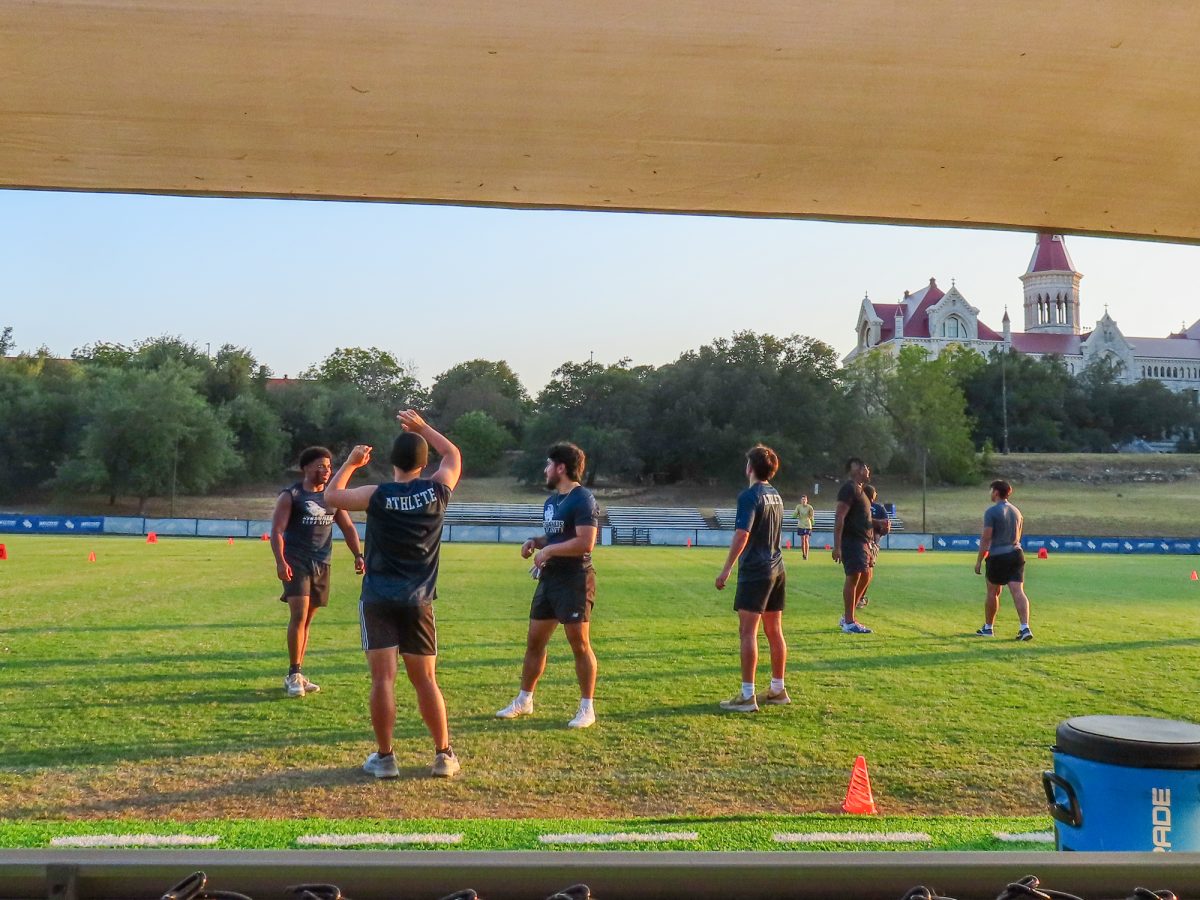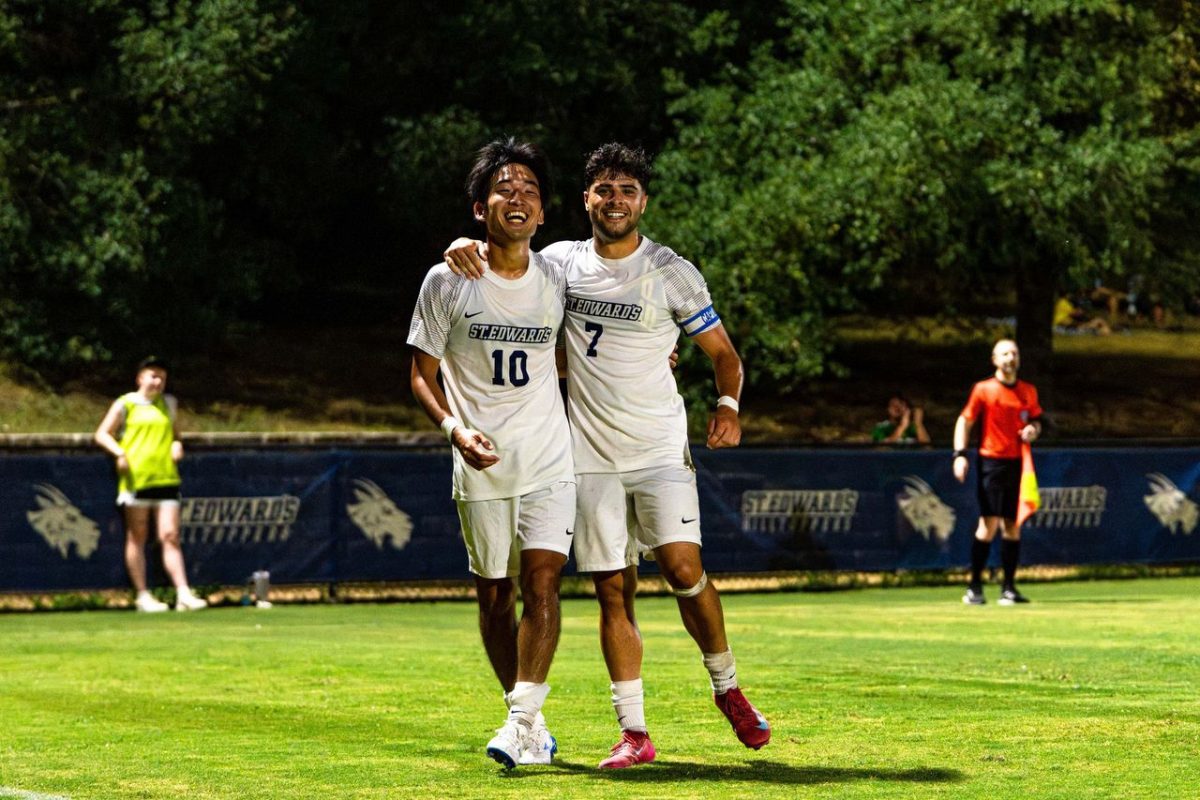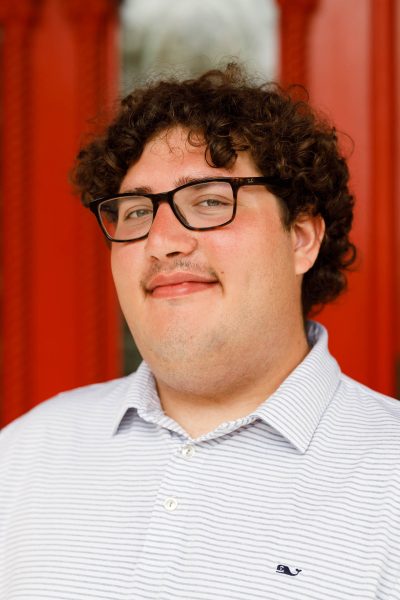The St. Edward’s softball team ranked first in the Lone Star Conference in terms of GPA, and twelfth in all Division II schools for the 2022-2023 academic year — a remarkable accomplishment considering the dedication it takes to be a student-athlete.
Student athletes at all colleges must prioritize both their academics and athletic status, which puts them in a unique position. While other students enter college with a few stringent requirements surrounding GPA, athletes must fulfill these multiple roles. Though this is hard, student athletes at St. Edward’s are able to excel as both athletes and players.
“When I first came here to St. Edward’s it was definitely hard trying to find a good academic and athletic balance,” freshman outside hitter Delaney Gregory said. “Coming in as a biology major, I initially had trouble managing my STEM classes.”
As a university, St. Edward’s offers courses specifically for athletes and other academic services to ensure that they are not falling behind in their coursework.
Freshman student athletes are enrolled in a class called Topper Pride’ during their first semester. This class helps students plan for the future, manage their time and navigate the processes of being a student athlete.
“This class is designed to help them balance all of the things necessary to be a successful student and a successful athlete,” Success Coach and Topper Pride professor Michael Kinsey said. “There are certain habits that can be developed in high school, but I use the analogy that academics, like sports, get more intense and serious.”
Additionally, Topper Pride allows for student athletes to connect and create support networks amongst each other.
“It was a great way to bond with other student athletes and get to know the athletic community on campus,” Gregory said.
Many student athletes have to travel for games, making them miss a lot of classes in the courses they are taking. Additionally, the university has outlined an Athletic Absence Policy. In this policy, it states that student athletes are responsible for submitting their coursework just like every other student. If an athletic competition inhibits the student from completing an assignment, the instructors are highly encouraged to negotiate deadlines with the athlete before the event. The policy also states expectations for instructors as well as athletes.
“An instructor shall not penalize a student-athlete for missing a class, an in-class assignment, a quiz, or an exam for athletic competition or competition-related travel,” the policy reads. “These are University-sponsored and University-sanctioned events, approved by the Athletic Council.”
Traveling and competing can cause student athletes to fall behind in their classes, which is why the university offers resources with the Writing Center for athletes. Additionally, students are given access to 24/7 tutoring services.
“Any student can utilize the tutoring services at any time. All they have to do is register and then they can go online whenever they want,” Kinsey said. “This is useful for athletes as they may often travel and need certain hours.”
Beyond courses and resources, teams often come together at group study sessions to support one another.
“During last semester, we had study halls twice a week and meetings with our coaches. We also tried to help out our other teammates whenever we could,” Gregory said.

